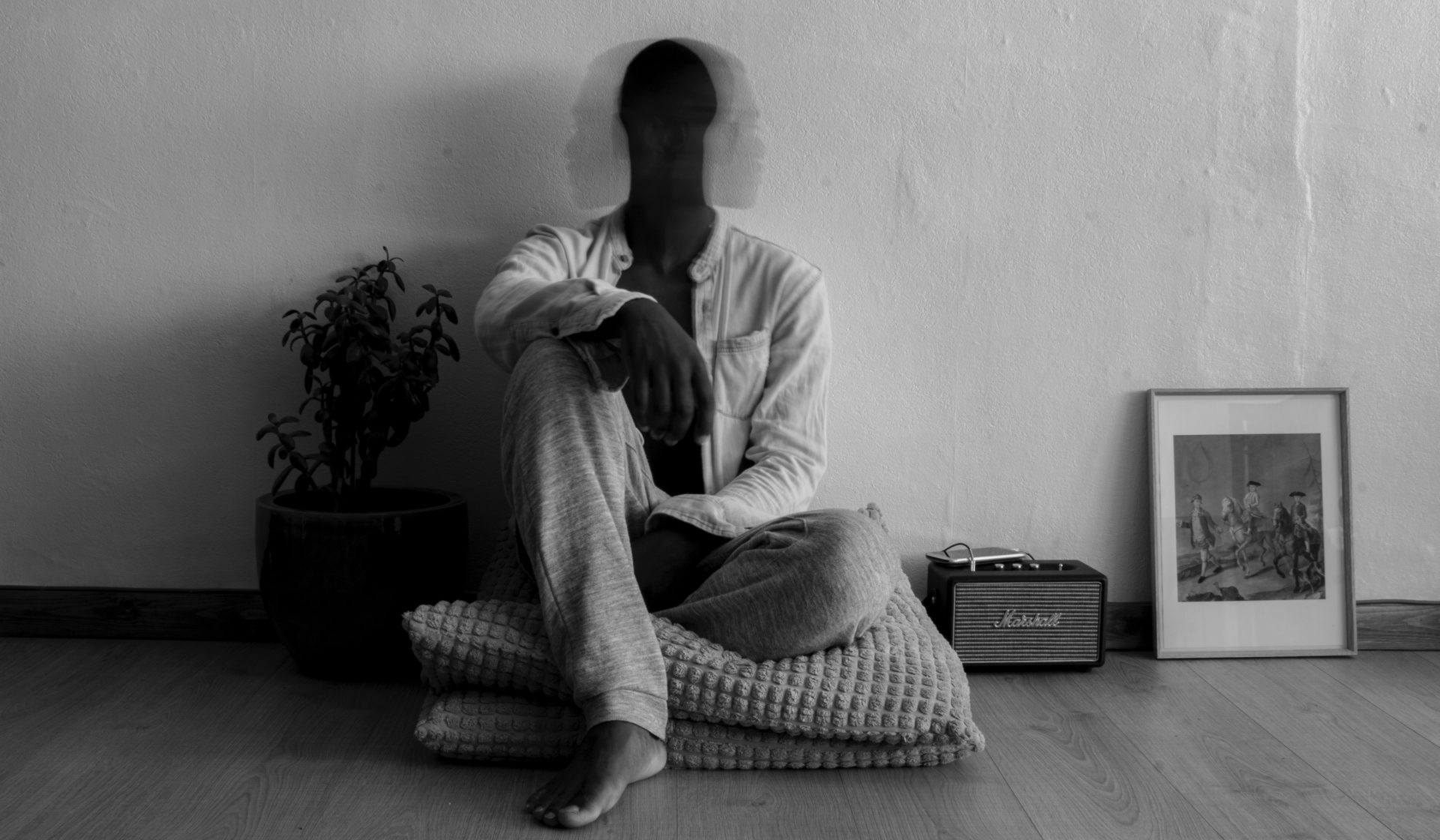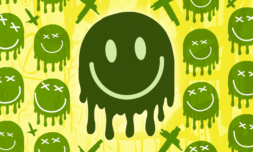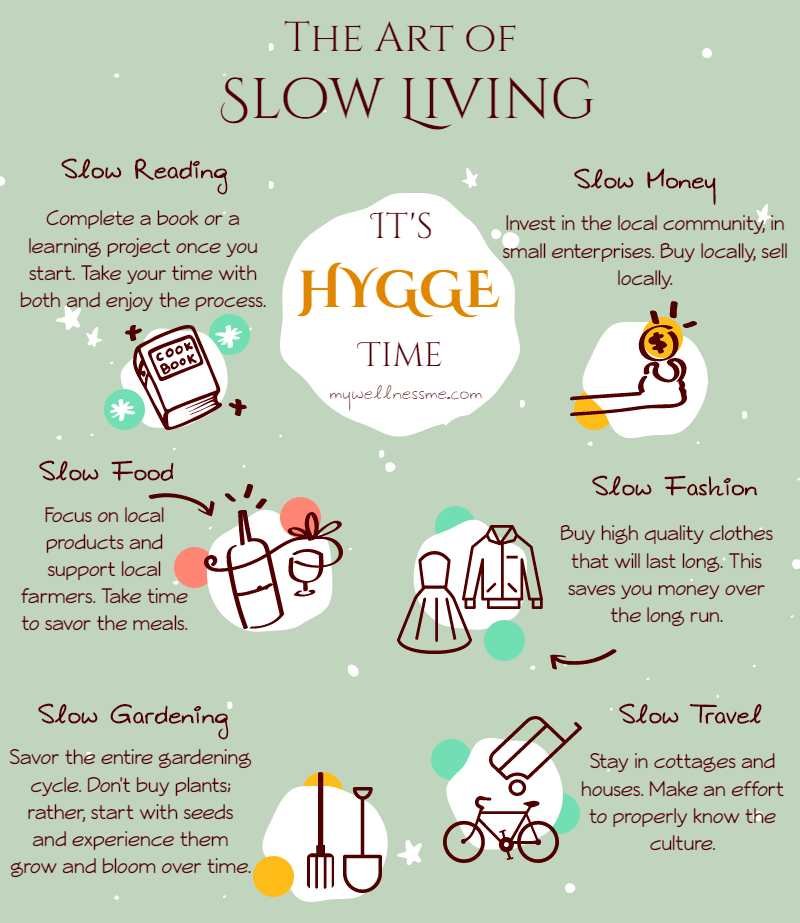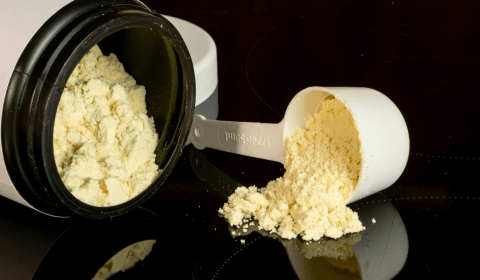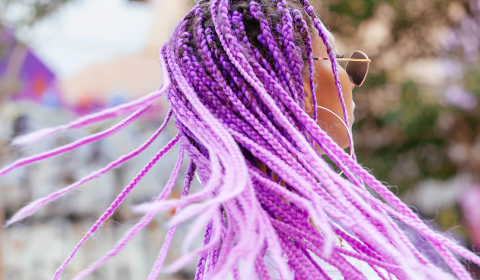Many of us have emerged from the pandemic questioning why we so eagerly continue to worship at the altar of busyness. Exhausted, overwhelmed, and on the brink of total collapse, the concept of slow living has never seemed more appealing.
Is it me or does it feel like there’s a brewing backlash against hustle culture?
Triggered by Molly-Mae’s controversial ‘we all have the same 24 hours in a day’ comment earlier this year and reignited by Kim K’s rant in a similar vein just last month, the conversation surrounding why we so eagerly continue to worship at the altar of busyness when we know it’s doing us no good is one that’s currently rife on social media.
Unsurprising, really, following a pandemic that most of us have emerged from exhausted, overwhelmed, and on the brink of total collapse to the point where we’re having to decide between going goblin mode, embracing our most feral selves or simply being deluded.
But when did it get quite so bad?
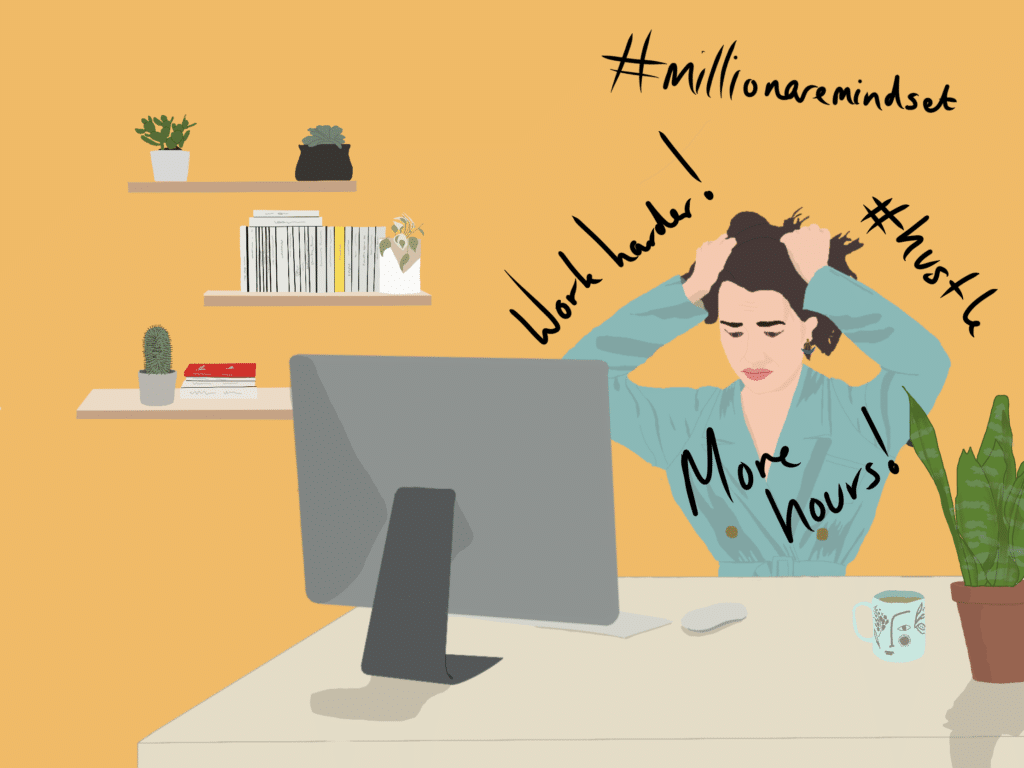
Realistically, we’ve been heading towards this reckoning for a while.
This is because, in the digital age especially, it’s not uncommon to be riddled with constant subconscious pressure that to be busy is to be productive and to be productive is to be successful.
That happiness is unattainable if we aren’t monetising every waking moment we have.
Though most of us don’t realise we’re burnt out until it’s crept up on us, buying into the idea that flying through life at break-neck speed is a valid marker of how well we’re doing is leaving us completely unable to muster the strength to persevere at the rate we are.
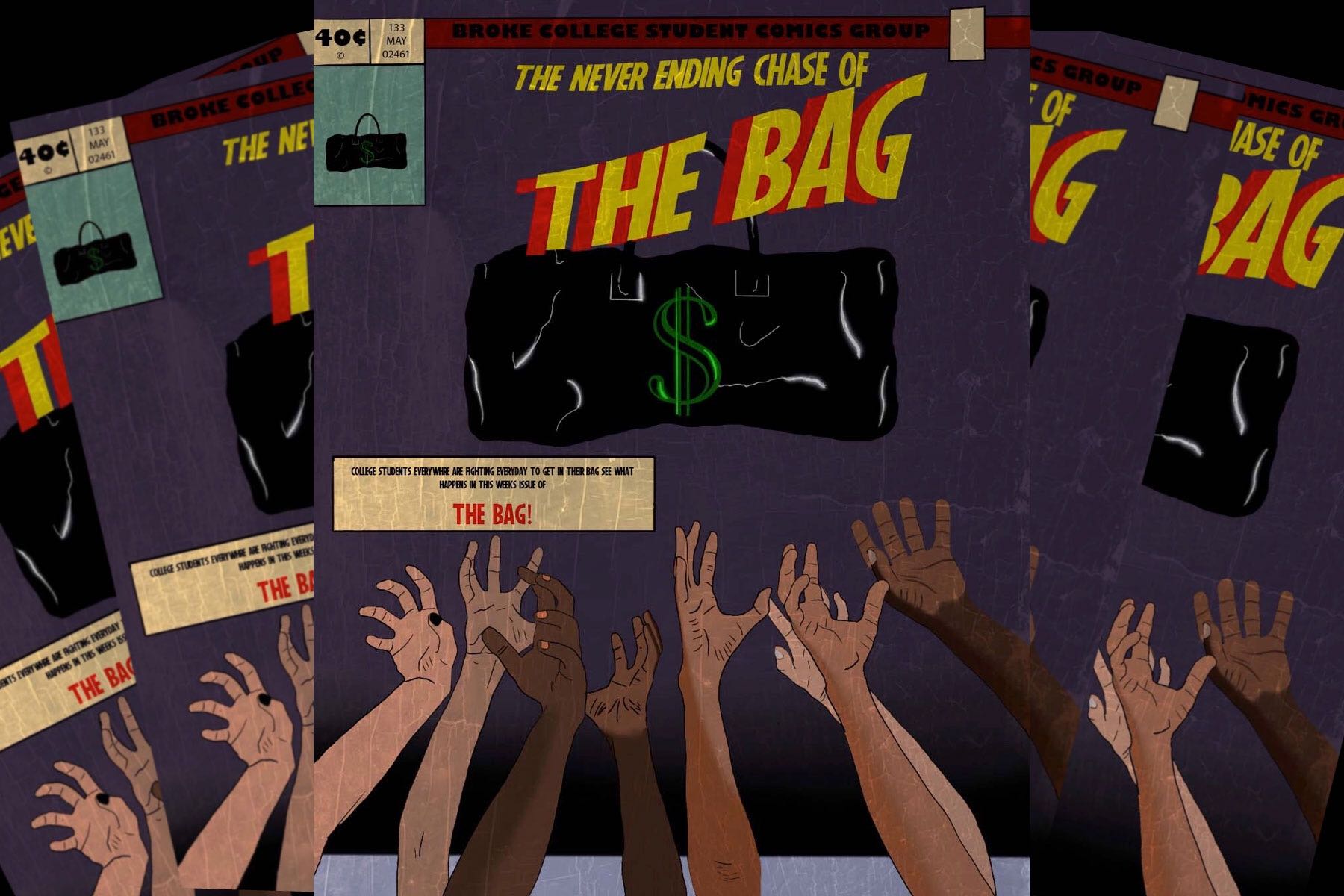
Pair this with numerous lockdowns that have warped our sense of time (I’m sure I’m not the only one who deems 2020 to 2022 a black hole of nothingness) and it’s no wonder we feel physically, mentally, and emotionally depleted.
‘We use busyness as a wonderful, horrible distraction from life, and pain, and emotions, and things we don’t want to face,’ says Caroline Dooner, author of Tired As F*ck.
‘It’s a distraction from learning to be with ourselves and it’s sneaky because it is a very socially acceptable addiction.’









